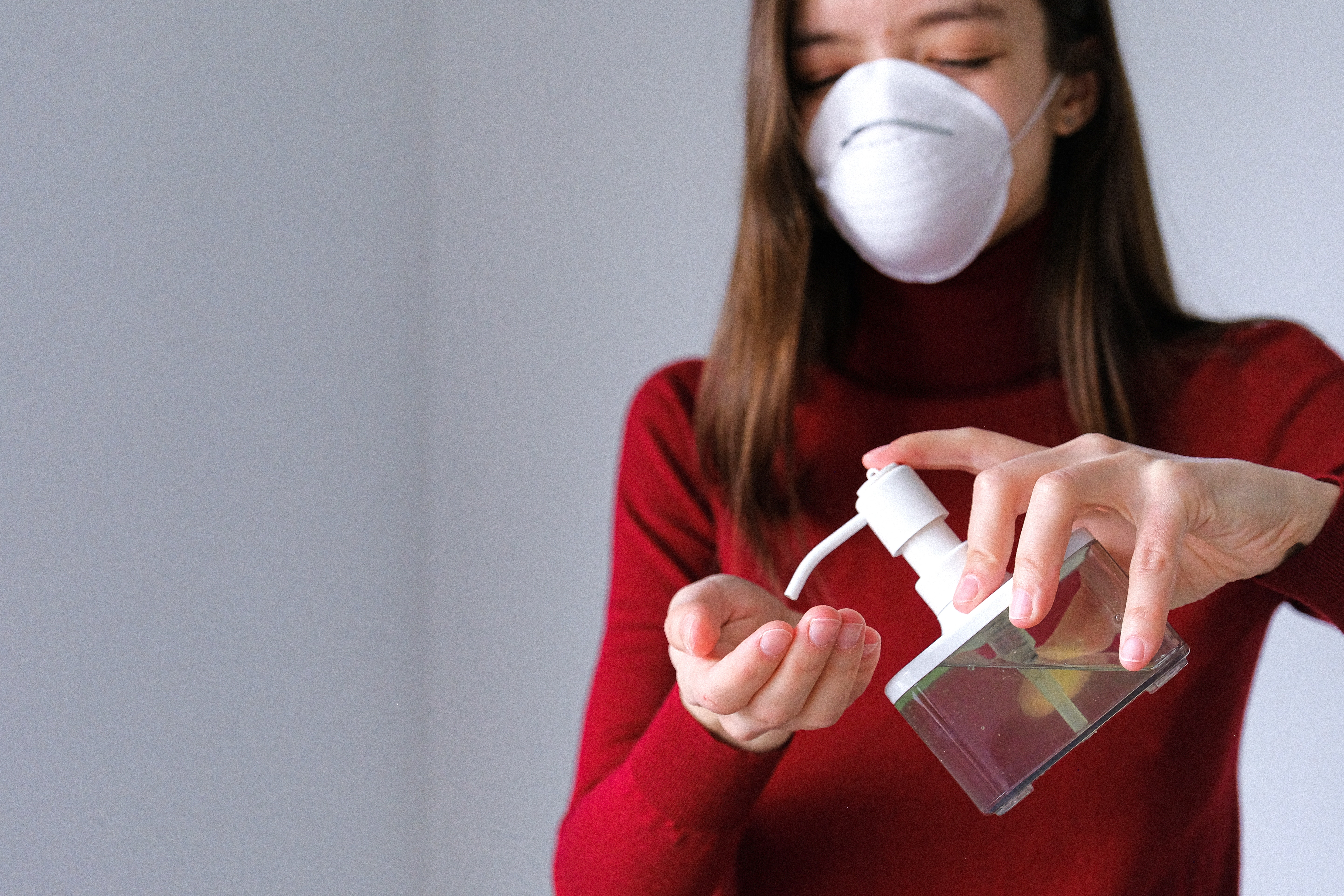Having dodged an infection with COVID for the past two years, I finally tested positive in Week 5 of Lent Term. Having gone through the full 10-day isolation period, I wanted to share my experience to hopefully remove some of the anxiety that comes with being infected. However, I think it is equally important not to compare yourself to others because as I have learned, every experience is different.
My first and most important piece of advice is to stay in touch with your body and your own health, especially as restrictions related to COVID are being lifted in the UK. I personally had no idea I was infected; I wasn’t in contact with anyone who tested positive or received a contact-tracing message. Due to this, I didn’t think much of the sore throat I began to develop over the weekend. Luckily, though, I decided to stay home from campus once I had these symptoms even though I only tested positive on the lateral flow test on the third day of having symptoms. Don’t be afraid of asking your teachers to join classes online, it’s always better to be safe than sorry. Besides, I ended up only having to do minimal contact tracing once I knew I was infected.
At the time I tested positive, self-isolation orders were still fully in place, which is what made the experience slightly overwhelming on the first day. Amongst countless other emails and messages, I ended up on a 25-minute phone call with the NHS to trace my contacts. Still, the procedures by the NHS and LSE were relatively straightforward and ensured that everyone who had to be notified was contacted immediately.
Quarantining in halls
Living in halls made the situation a bit more difficult since I am living with five other flatmates. In the end, it was a lot easier than I had thought. Apart from wearing masks in common spaces, there wasn’t much change and we didn’t get in each other’s way too much. We implemented our social distancing measures and everything turned out fine.
In terms of my personal experience, I rested a lot on the first few days and tried to do only small amounts of university work. My symptoms were relatively mild, apart from one or two days where I felt ill. This meant, however, that being isolated got quite frustrating after feeling better quickly. Besides, I ended up testing positive throughout the ten days of quarantine, meaning I could not end the isolation period earlier.
Nevertheless, I tried to distract myself with many activities and finished some essays and a book I was reading for fun. Once I felt better, I started doing Yoga in my room and I definitely recommend moving your body if you can since it made me feel more at ease. Also, make sure to call friends and family and talk to them for a while, it will make you feel less alone.
Now that my isolation is over, I appreciate being able to study in places other than my room and am looking forward to being out and about again, and most importantly to meeting up with friends. Having COVID is quite isolating, but it is a limited period of time and at least the complete isolation forces you to actually rest and recover swiftly after testing positive.
This post was written at the end of February. For information on COVID-19 symptoms, testing, vaccination and staying at home, please visit the NHS website.



